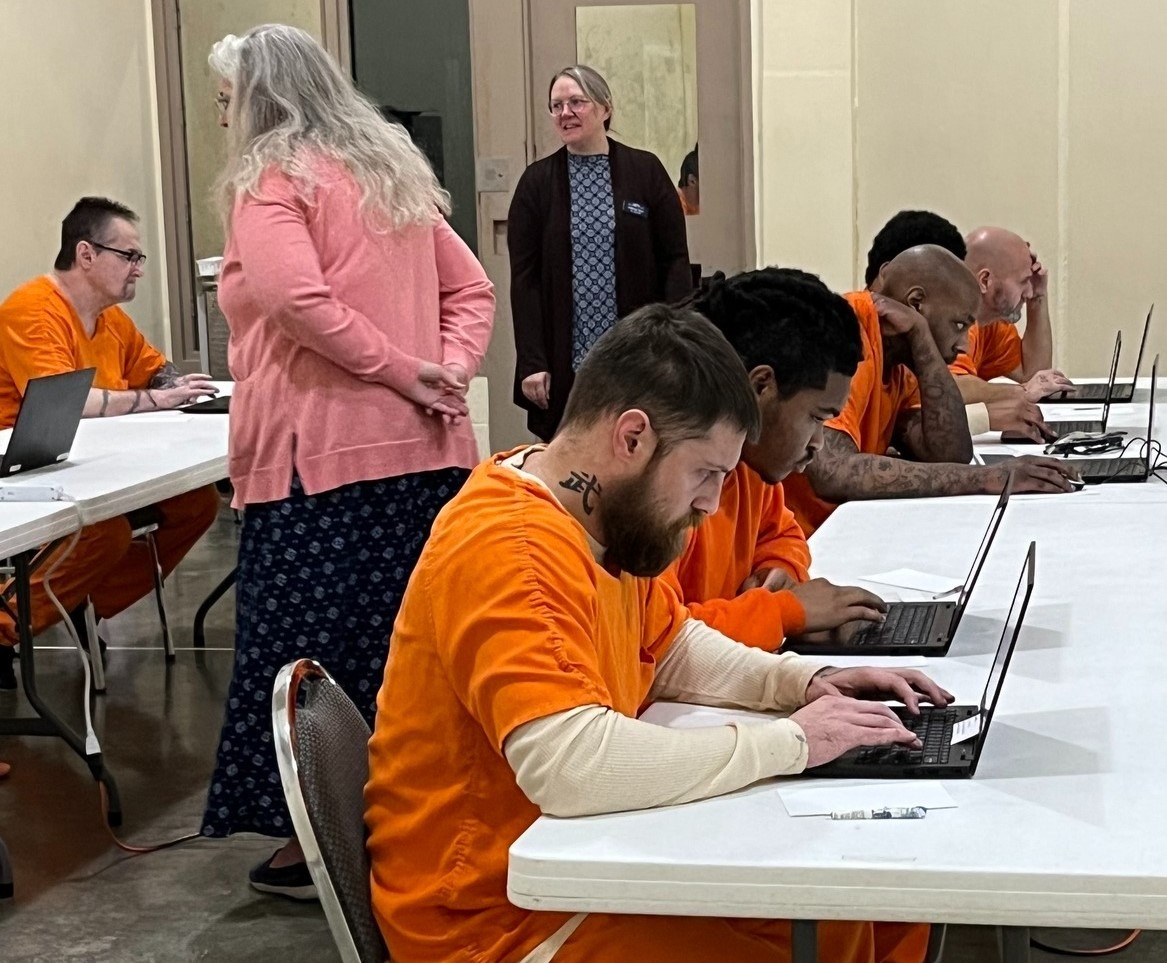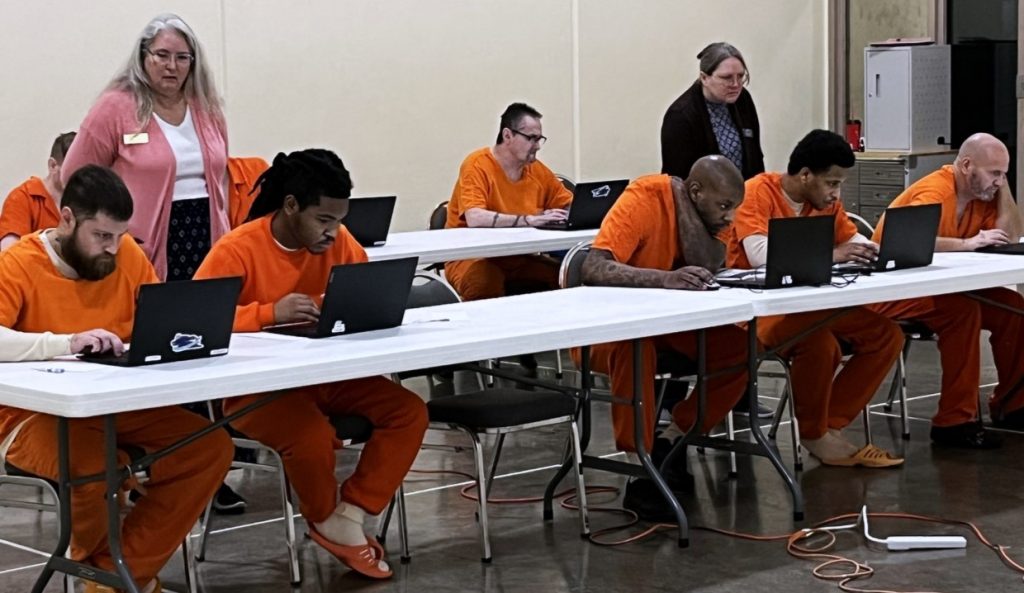
ECC Launches Education Apprenticeship to Strengthen Local Workforce
East Central College is opening a new door to careers in education through a teacher apprenticeship initiative aimed at strengthening the local workforce and addressing the statewide teacher shortage.
The College is launching pre-apprenticeship and apprenticeship pathways that combine coursework, hands-on experience, and grant-funded support to create a practical route for individuals interested in becoming educators.
For more information about ECC’s Teacher Education Apprenticeship Program, email: teacher.apprentice@eastcentral.edu
These programs are designed to support those just beginning their education journey, as well as adults considering a career change—providing opportunities to work in education without leaving the community.
“One of the main ideas behind our Teacher Apprenticeship Model is multiple entry points with defined assistance along the way. Whether someone is just starting their education journey or considering a career change, this program makes it more accessible to become a certified teacher in our service area,” said Greg Stotler, ECC Teacher Education Coordinator.
“We’re helping people build a future in the teaching profession in our community while they continue to work in crucial support roles in our schools within those communities.”
The pre-apprenticeship options prepare participants for success in a U.S. Department of Labor Registered Apprenticeship and include roles such as:
- Substitute Teacher
- Paraprofessional
- Teacher Assistant
Participants can earn certifications and gain valuable experience in local classrooms while continuing their education through ECC’s degree programs:
- Associate of Arts in Education
- Associate of Arts in Teaching
- Associate of Applied Science in Early Childhood Development
In partnership with ECC’s Adult Education and Literacy (AEL) program, the College also received official approval from the Missouri Department of Elementary and Secondary Education (DESE) to offer an Integrated Education and Training (IET) course. This course provides immediate access to substitute teacher and paraprofessional credentials and can be combined with high school equivalency preparation or academic skill development as needed.
The success of ECC’s teacher apprenticeship initiative is the result of collaboration among several departments at the College. The Center for Workforce Development, AEL and the Education pathway are working together to build accessible, high-quality pathways for future educators. This effort is being led by Stotler, Todd Tracy, Executive Director of the Center for Workforce Development; and Alice Whalen, Director of Adult Education and Literacy.
The apprenticeship pathway includes benefits such as:
- Paid work experience in education-related roles
- Certification in First Aid/CPR/AED
- Substitute teacher credentials
- U.S. Department of Labor Apprenticeship Certificate of Completion
- Up to $500 in support for qualifying pre-apprenticeship participants
This initiative is part of a larger statewide effort through the Missouri – Southeast Pathways to Work (MoSEPWork) consortium, a collaboration of five colleges working to improve access to innovative pre-apprenticeship and apprenticeship programs in three high-demand sectors: teacher education, nursing, and advanced manufacturing.
MoSEPWork Consortium:
- Jefferson College (Lead Institution)
- East Central College
- Mineral Area College
- Three Rivers College
- Central Methodist University
The project is funded by a $3.99 million U.S. Department of Labor Apprenticeship Building America – Round 2 (ABA2) grant. East Central College’s portion of the funding totals $793,775 and will support program development through June 2028. The ECC grant budget includes:
- Personnel, Fringe & Travel: $324,182
- Equipment (including a 5-Axis Mill for Precision Manufacturing): $99,230
- Contractual Services, Tuition & Outreach: $298,202
- Indirect Costs: $72,161


